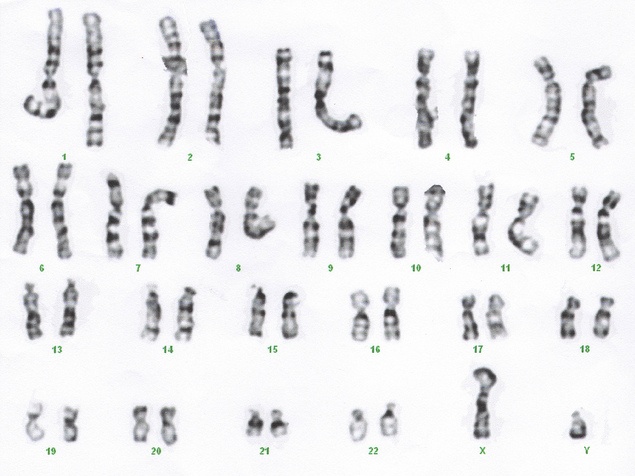Choose your Article Focus | NGS | Molecular & Serology
Challenges of Preimplantation Genetic Testing
Category: New Reference Material, Reproductive Health, PGT, Women's health, NGS, PGS, PGT-A
Posted by
Agnes Caruso,PhD on Dec 15, 2020 12:00:00 AM
Getting pregnant is not always simple and with an increase in the age of first-time mothers, there is an increased need for in vitro fertilization (IVF). IVF allows the generation of embryos in the lab and subsequent embryo transfer to the patient. Successful implantation of the embryo depends on many factors with chromosomal aneuploidy being one of the important factors in a failed IVF cycle. There are several ways the odds of success can be increased and risks of miscarriage are reduced.
0 Comments Click here to read/write comments
Highlights from the ESHG and ESHRE 2020 Virtual Conferences
Category: Reproductive Health, PGT, Women's health, NIPT, Non-invasive Prenatal Testing, NGS, Preimplantation genetic testing
Posted by
Agnes Caruso,PhD on Aug 20, 2020 12:00:00 AM
The plans for this year’s NIPT and PGT conferences, like many others, were quickly derailed by the COVID-19 pandemic. The ESHG and ESHRE Annual Meetings were moved to virtual space and even though the format was a new experience, the science did not disappoint. Here we will share some of the highlights from the sessions.
0 Comments Click here to read/write comments
Supporting High-Quality Testing for Women’s Health
Category: Reproductive Health, HIV, NIPT, Non-invasive Prenatal Testing, Breast Cancer
Posted by
Agnes Caruso,PhD on May 15, 2020 12:00:00 AM
This week is National Women’s Health week1 and is dedicated to women to focus on their health and take steps to improve it. As Women’s Health week traditionally starts on Mother’s Day, we tend to focus primarily on Reproductive Health but it is important to look at the complete picture as some women encounter various conditions and treatments prior to starting a family. Women’s health encompasses things like fertility, pregnancy, infections, cancer, but also many underlying health conditions such as hypertension, diabetes, cardiovascular or respiratory conditions. Many of women’s health problems can be diagnosed by using advanced testing methods. As the technology develops and becomes more complex, ensuring the best performance of the tests is even more critical. With better testing, it is possible to improve outcomes for women around the world.
0 Comments Click here to read/write comments
Evolution of non-invasive prenatal testing (NIPT)
Category: New Reference Material, trisomy, Reproductive Health, NIPT, Non-invasive Prenatal Testing, NGS, #Quality, reference materials
Posted by
Agnes Caruso,PhD on Feb 5, 2020 12:00:00 AM
Prenatal screening for aneuploidy has changed dramatically since the 1970s. Non-invasive methods developed in the 1980s and 1990s, combined measurements of maternal serum analytes and ultrasonography. The problem with those methods was not just a high false-negative rate of 12% to 23%, a high positive rate of 5% and a poor sensitivity, ranging from 50% to 95% 1. Uncertain results frequently led to invasive procedures such as amniocentesis or chorionic villi sampling to perform karyotyping on fetal samples. Both of those procedures carry a risk of miscarriage.
0 Comments Click here to read/write comments
What is Non-Invasive Prenatal Testing (NIPT)?
Category: New Reference Material, trisomy, Reproductive Health, NIPT, #Quality, reference materials
Posted by
SeraCare Team on Jan 20, 2020 12:00:00 AM
Fetal aneuploidy affects about 9 in 1,000 live births. The definition of aneuploidy is an abnormal number of chromosomes ; with 23 pairs of chromosomes in humans, 46 is the normal number, while aneuploidy individuals will have 45 or 47. In trisomy, there is one additional chromosome, typically chr21, 18 or 13 (it is not a coincidence that these are the smallest chromosomes in humans). Historically, the invasive methods amniocentesis and chorionic villus sampling (CVS) were used with risk to the pregnancy, with about a 1% chance of miscarriage due to the procedure. Non-invasive methods based upon ultrasound and serum biomarkers are useful screening tests, but were of limited reliability as they were indirect measures of chromosomal abnormalities1. Photograph courtesy of Flickr user Can H.
0 Comments Click here to read/write comments







